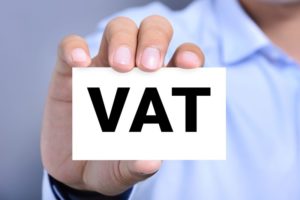HMRC has launched a new consultation inviting comments from interested parties regarding the introduction of new VAT reverse charge legislation for certain construction services. The new legislation will make the supply of construction services between construction or building businesses subject to the domestic reverse charge.
This move is part of the government’s measures to combat what is known as missing trader fraud in the construction sector where VAT due to HMRC is never paid. This type of fraud has been common in other business sectors trading in goods such as mobile telephones, computer chips and emissions allowances where the reverse charge has already been introduced. Using the reverse charge procedure changes the usual VAT treatment so that the customer is liable to account for the VAT due rather than the supplier. This removes the ability for fraudsters to defraud the public purse by adding VAT to their bills and then disappearing without making payment to HMRC.
The reverse charge will be most relevant to sub-contractors and contractors carrying out supplies reported through the Construction Industry Scheme. These changes will lead to many administrative changes for some 100,000 to 150,000 businesses in this sector, including many small businesses. This will include setting up new systems to deal with the changes as well as ongoing administrative issues dealing with the reverse charge. The government has recognised this and said they will provide a long lead-in time to help businesses adjust. The changes were first announced in Autumn 2017 and are expected to take effect from 1 October 2019.
Excluded from the reverse charge will be businesses that supply specified services to a connected party within a corporate group structure. In these circumstances, the supplies in question will then revert to normal VAT accounting rules.
Planning note
The new legislation will not require other types of business to apply the reverse charge when receiving construction services. HMRC expects the introduction of the new reverse charge to raise over £400m between 2019 and 2023.







